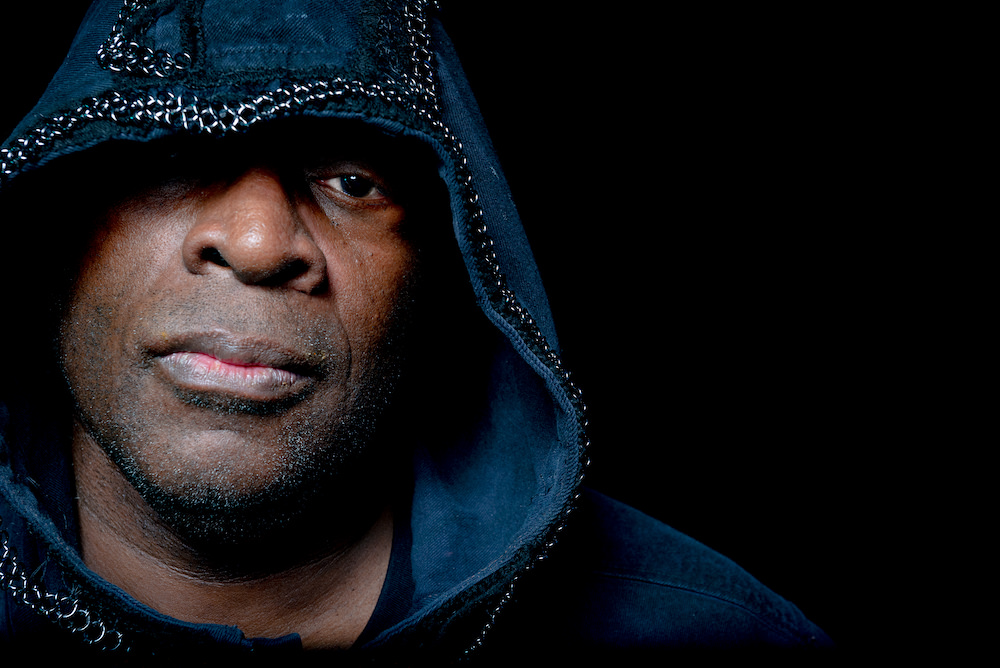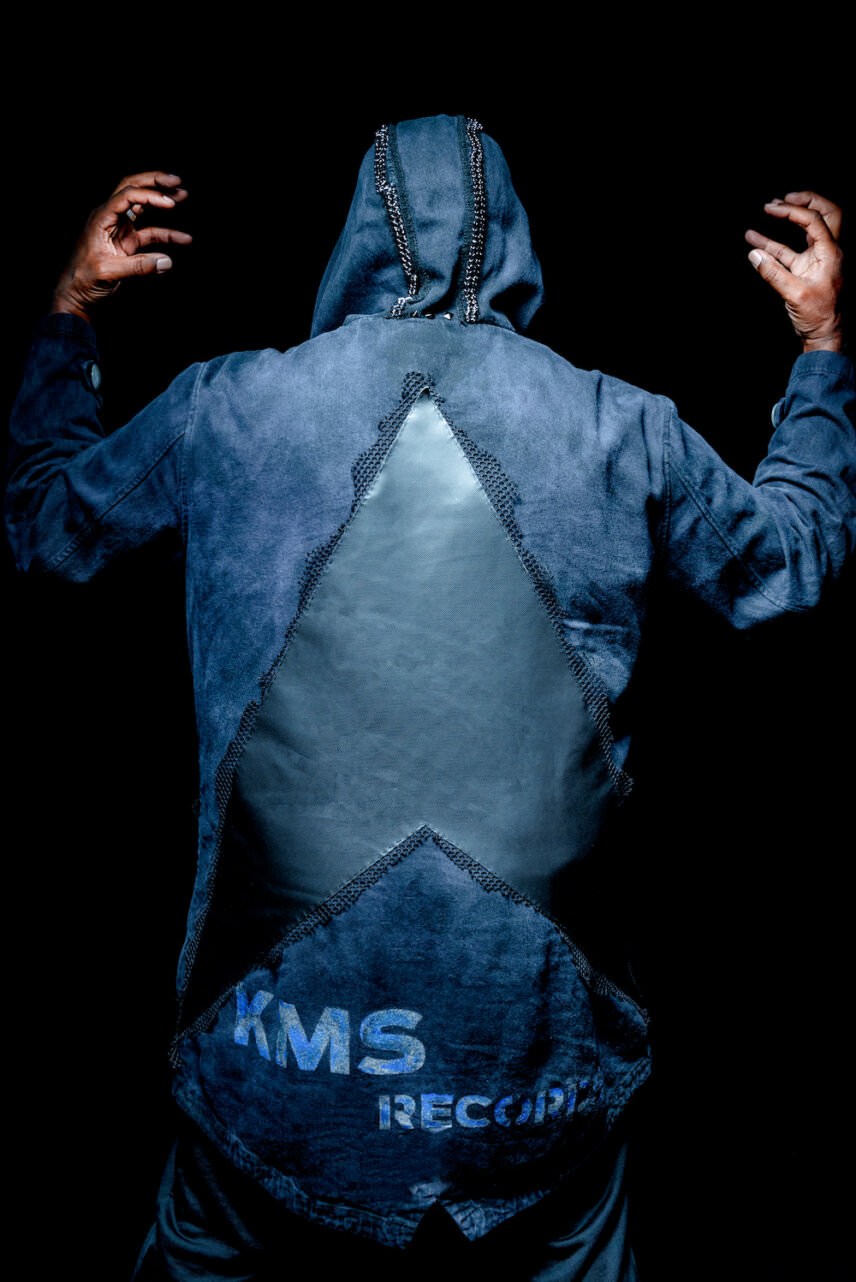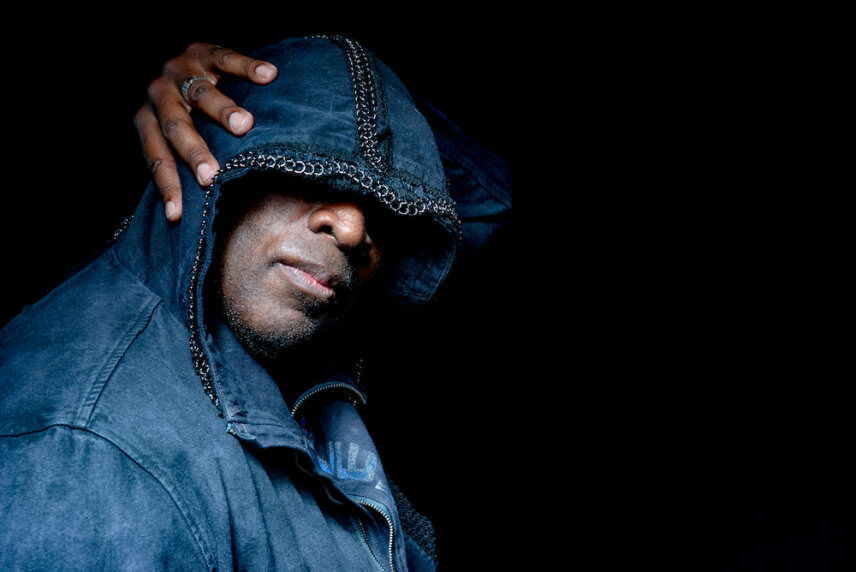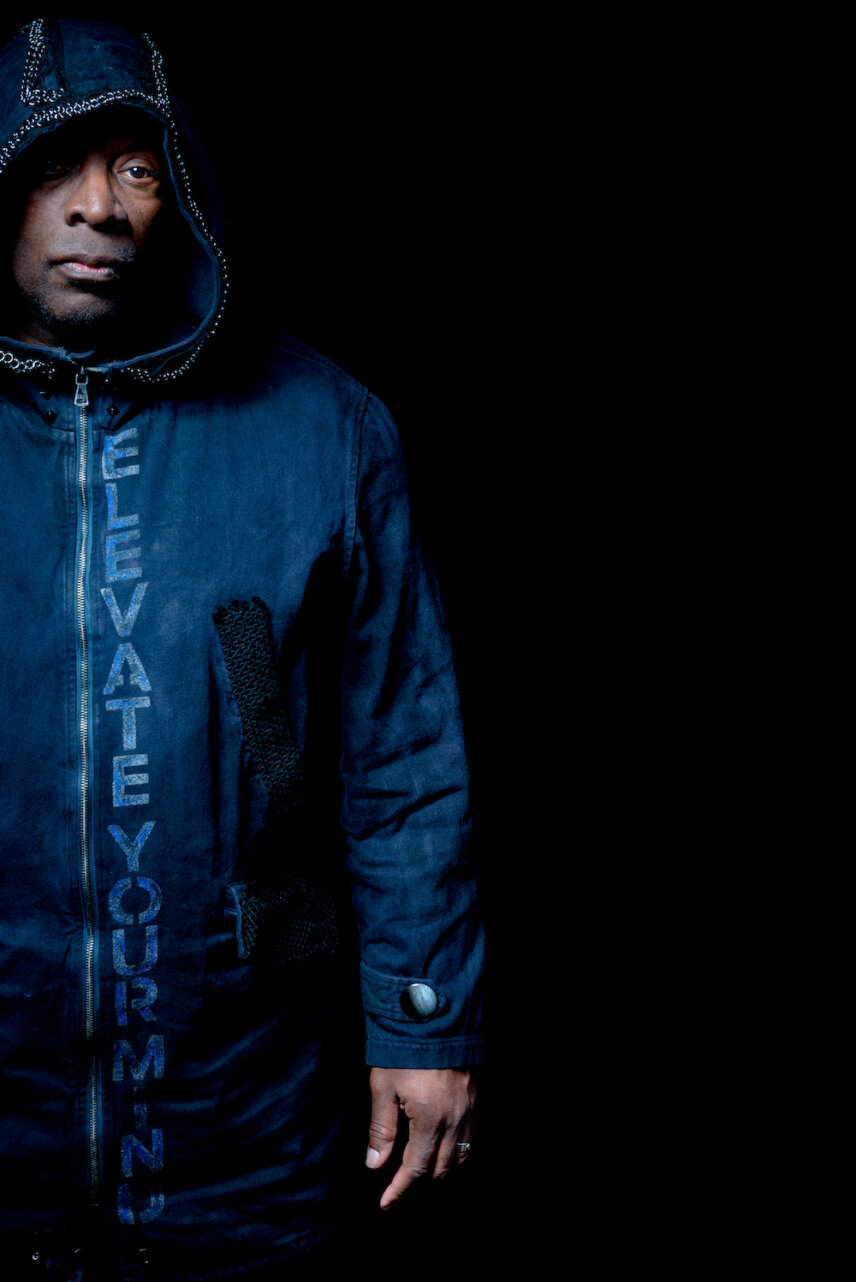Kevin Saunderson has just dropped a remixed version of his classic E-Dancer material, a project that directly links current producers with some original Detroit techno artists. We spoke to the Detroit techno pioneer about the importance of techno history, white-washing in the industry and that indefinable essence of the music of Detroit.
‘Re-Generate’ from E-Dancer is out now on Adam Beyer’s Drumcode and features remixes from well known Detroit names like DJ Bone, Robert Hood and DJ Minx along with techno artists including Amelie Lens, Adam Beyer, rRoxymore and Special Request. It’s very much a project that unites some of techno’s originators with the contemporary scene and this link with the history of techno is a subject very close to Saunderson’s heart.
Attack: So first of all, tell us how this album came about?
KS: Me and Adam were talking about a collaboration together and I mentioned to him that I’d done a revised and reshaped version of the original E dancer album. It wasn’t really a remix, it was more just tweaking and updating the sound for today’s technology. and I thought it would be good to do something based on remixes from younger people who were inspired by this record.
It’s like a musical link between older Detroit heads and newer producers, was that deliberate?
Yes, Detroit is still the foundation of where much of this music was inspired from, through myself, Derrick, Juan, Blake Baxter, Eddie Fowlkes and Santonio Echols, so it’s important to keep that link, keep that history. And it’s important to work with people from Detroit like DJ Minx and DJ Bone who may not have had opportunities to do a remix for me, so it’s definitely important.
Why is the history of techno so important, why does it need looking after?
Well everything goes in circles and everybody comes in at different points and periods and if you’re a producer or artist, someone who wants to make the music, then you can get different inspirations from history. Sometimes you realise wow, you heard a sound that was new and fresh but you go back in time and realise that this was just re-done from years ago or inspired by other people and that’s what keeps the fires burning – but you might not know that if you don’t go back and learn some history of the music; it can be helpful, it can be inspiring.
There’s a history in popular music of Black innovation being appropriated by white artists and the historical contributions of Black artists getting whitewashed – do you think this has happened with techno?
Yeah, it’s happened, there’s no doubt about it and its due to capitalism mainly and in some areas racism. More or less I would say it’s due to racism more in the US more than anywhere else I’ve experienced as far as travelling the world… so yeh, it’s happened no doubt.
As with everything else in life, things change but meaningful change can take a long time. When I think and speak about the culture surrounding all dance music and in this case specifically techno, there has been an evolution and it is hopefully making its way full circle. Mind you, my opinion is just my own and the way I have watched things evolve from the beginning when house music and techno was not only influenced by Black producers and DJs but they were the early performers as well.
As with many things that start off in their purest form, the more popular an art form becomes, whether it’s music, art, digital or the written word, it inevitably broadens and the people that were at the root of the culture sadly get overlooked as more commercial forces take control. The same thing happened in hip hop and graffiti culture as well. It is just the nature of something that reaches mass popularity, in this country anyway. Just like Elvis, Pat Boone or these very white groups would cover all the old rhythm & blues songs, which were made originally by Black artists.
Anyway, it seems the pendulum is starting to swing the other way now, it’s a slow build but as cultures seem to meld together more and kids want authenticity, the lines are starting to blur, which is what we all want. My skin might be darker than someone else’s but that does not change the fact that we all bleed red, that we all crave the same basic things in life, but to be honest art and music are always the firestarter.
Do you feel that techno is acknowledged and valued in the US?
I think it’s becoming more acknowledged. I think younger kids are more open-minded than back when we first started creating this sound so it’s perceived differently. The younger generation has a broader scope of listening to music the way they come up now, they listen to trap, house, deep house, techno, bass, they’ve got so many different variations of music… and I think that the internet has helped make it so diverse and bring it together. And now Americans have got out of the total EDM thing too.
You mentioned capitalism and you spoke recently in Billboard about EDM; could you speak a little about the impact of EDM and big business on techno and dance music culture?
I think that certain artists who became big were pushed in a certain direction toward a certain sound that became very popular and was all that kids heard – the underground is always here and always will be but that was the main sound being pushed.
Right, I did a show with Deadmau5, so it was a big show, I got paid good money. Me and Derrick, we did our special high tech soul show, he’s got two CDJs, I’ve got four, it’s a high impact, special performance. So we go on this big tour like, 10,000 people each show. It was pretty big and this was the first I’d heard of Deadmau5 to be honest, but they put us in a room that held 150-200 people, it was just an extra room.
The perception of us and the respect for what we’d done for music and our talent level doesn’t justify being put into an area like that so I asked the promoter, why would you pay us all that money to come here and do that? And he was like well people won’t understand, they won’t get it.
My comment was it’s the job of the promoter to make people aware, and to take chances – you help control the scene. it’s like saying only one style of music should be made because that’s what people like. Just because a record is a hit or is big doesn’t mean that every record should sound like it and if you’ve got talent, and you’ve done something for the scene then you need to educate the kids. And maybe they won’t get it right away but good music will stand out in the end. It was a little bit disrespectful. It was a lotta bit dis-respectful!
Detroit is still the foundation of where much of this music was inspired from... so it’s important to keep that link, keep that history.
So talking about festival lineups, so many dance music innovators were Black, so where are the superstar Black DJs?
Well I think we still got some in Detroit. And some are trying to make their path but have been discouraged because they can’t even find an agent, no one wants to take a chance. There are not enough Black agents – which there doesn’t necessarily need to be – but it would help to have a bit more diversity within these agencies. It’s really down to them. And you have promoters, they just go with what’s hot, what’s going to pack the place.
So there’s a few [Black superstar DJs], there’s a handful but in my opinion, there should be more, and there should be more done to help the scene be a little more diverse – assuming there’s talent out there. If there’s none out there then that’s different, but I know there is talent out there. I met a kid not too long ago, he had really good music, was inspired, talked about how inspirational Detroit was, and he’s trying to make his way, so there are cats out there trying but it’s not as easy as it was in the past. And you know, having talent is only a small part of it now.
house music and techno was not only influenced by Black producers and DJs but they were the early performers as well.
What needs to change then?
Like I say, we do need more Black agents. Here in Detroit, we had Mike Huckaby helping kids out who might not have finances to buy equipment etc. and this can help artists that could potentially have the talent to be inspired. But in the end, it’s really down to the agencies and the promoters. I think speaking out is important too, keeping it real and promotors need to give more opportunities.
But I think there’s a lot of artists who have been discouraged and you’ve got to keep at it. It’s never easy: who said it would be easy? You got to keep working at it and chase your dreams as an artist, producer and writer.
As an industry, we just have to realise that it should be more diverse – because that’s what the world is. In dance music there’s no colour, it’s about dancing and feeling good. The music is for everyone and that’s the bottom line. I can play a set for any kind of crowd, anywhere and usually rock the audience in most cases, it doesn’t make a difference where or who, so we just need to have awareness. I don’t have all the answers, but it depends on the territory. And on where you at.
So our final question, one you’ve probably been asked a lot over the last few decades – how do you define Detroit techno?
[Laughs]. Well Detroit has a little more swing and a little more soul to it, and I don’t know if it’s because we come from Detroit – even though I come from New York and moved to Detroit so I don’t even know if that’s true!
But Detroit has a certain swing. And the sounds are important to the music too, we have a different way of programming our sounds. And even on this album, it’s a remix album and the original sounds come from me and then some newer sounds come from the artists, but they’re also able to keep the flavour of what the original album was trying to do.
It’s music made with electronic instruments with human implantation – but it’s got a certain groove, a certain funk, a certain tempo that just bites you. I know it’s not easy to take that in, it’s hard to explain: but you really just got to feel it.
E-Dancer – ‘Re:Generate’ is available to buy and stream.
Photos by Tafari K. Stevenson-Howard



